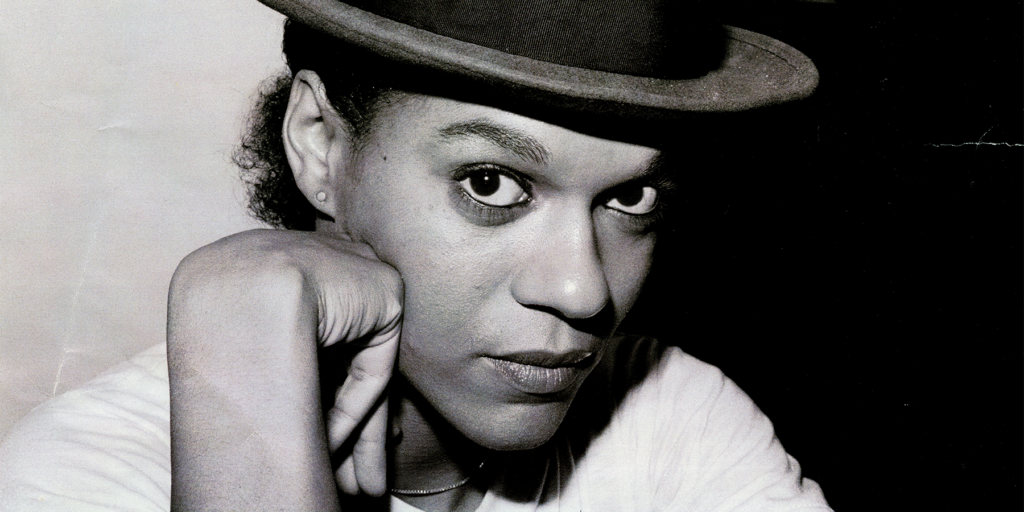In the new documentary Pauline Black: A 2-Tone Story, the frontwoman of the Ska revival band The Selecter describes the struggles she has faced throughout her life and career. On 28 March 2025, we screened the film at Pictureville Cinema, followed by a Q&A with Pauline—offering the audience an insightful view into the complex relationships between race, gender and the music industry.

If you were to sum up the defining experiences of Pauline’s life in one phrase, it would be ‘odd one out’. She was adopted as a baby and grew up in Romford, Essex, where she was one of the only people of colour in her community, and later she became one of the only women in the male-dominated two-tone music scene. The documentary explores these experiences of being different, particularly the racism and abuse that she faced in her youth—some members of her own family supported the National Front, while others viewed her as a ‘colonial project’ and refused to acknowledge her Blackness. Pauline describes the isolation she felt in not knowing any other Black people, and the film chronicles her attempts to reconnect with her biological parents in order to learn more about herself and her cultural background.
The film is unflinching and raw—at one point Pauline breaks down in tears as she describes a traumatic episode from her childhood, when she was sexually assaulted by a family friend. In the Q&A, Pauline shared that the decision to film the talking heads once and forgo retakes was deliberate, as she wanted to convey her unfiltered emotions. The result is an authentic and powerful portrayal of the effect of reliving memories.
A monumental turning point in Pauline’s life, and the film, comes when she moves out of the stifling environment of Essex and travels to Coventry to attend university. She describes an instant feeling of belonging in the multicultural city, where the booming car industry had attracted many immigrants. The audience sees Pauline begin to blossom as she is finally able to explore her identity and express herself, and her performances at local pubs led to her being invited to join The Selecter by songwriter Neol Davies.
The film follows the rise of the band after Pauline added the missing piece to their music, delivering the socially conscious lyrics with her impassioned, powerful vocals. However, between the highs of appearing on Top of the Pops and touring across the country, Pauline doesn’t shy away from the lows. In the overwhelmingly male world of two-tone she was often treated as an afterthought, and it was necessary for her to convey power through her vocals and androgynous style to avoid being spoken over.
The Selecter’s demise began when Pauline was physically assaulted by a bandmate who was enraged by her refusal to be submissive simply because she was a woman, and was compounded by the underwhelming response to their second album. However brief their stardom, the band made a huge impact on the musical landscape, and Pauline became an enduring icon as the first ever Rude Girl, with her distinctive vocals and style inspiring fans for generations. The film meditates on the adversity that she faced as a mixed-race woman in the music industry, and it clearly resonated with the audience, who shared some of their own experiences of racism and sexism during the Q&A session.
At the heart of the film is a fascinating story of reconnecting with one’s heritage, and the denouement of the film shows Pauline finally meeting her birth mother and learning the identity of her father, creating a compelling narrative arc that ends with the modern-day Pauline, who is self-assured, comfortable in her identity and refreshingly honest and open about the positives and negatives from her life. The film manages to simultaneously be cinematic and intimate, and the diversity of the talking heads and ska soundtrack echo the film’s ethos of multiculturalism without detracting from the personal nature of Pauline’s story.
